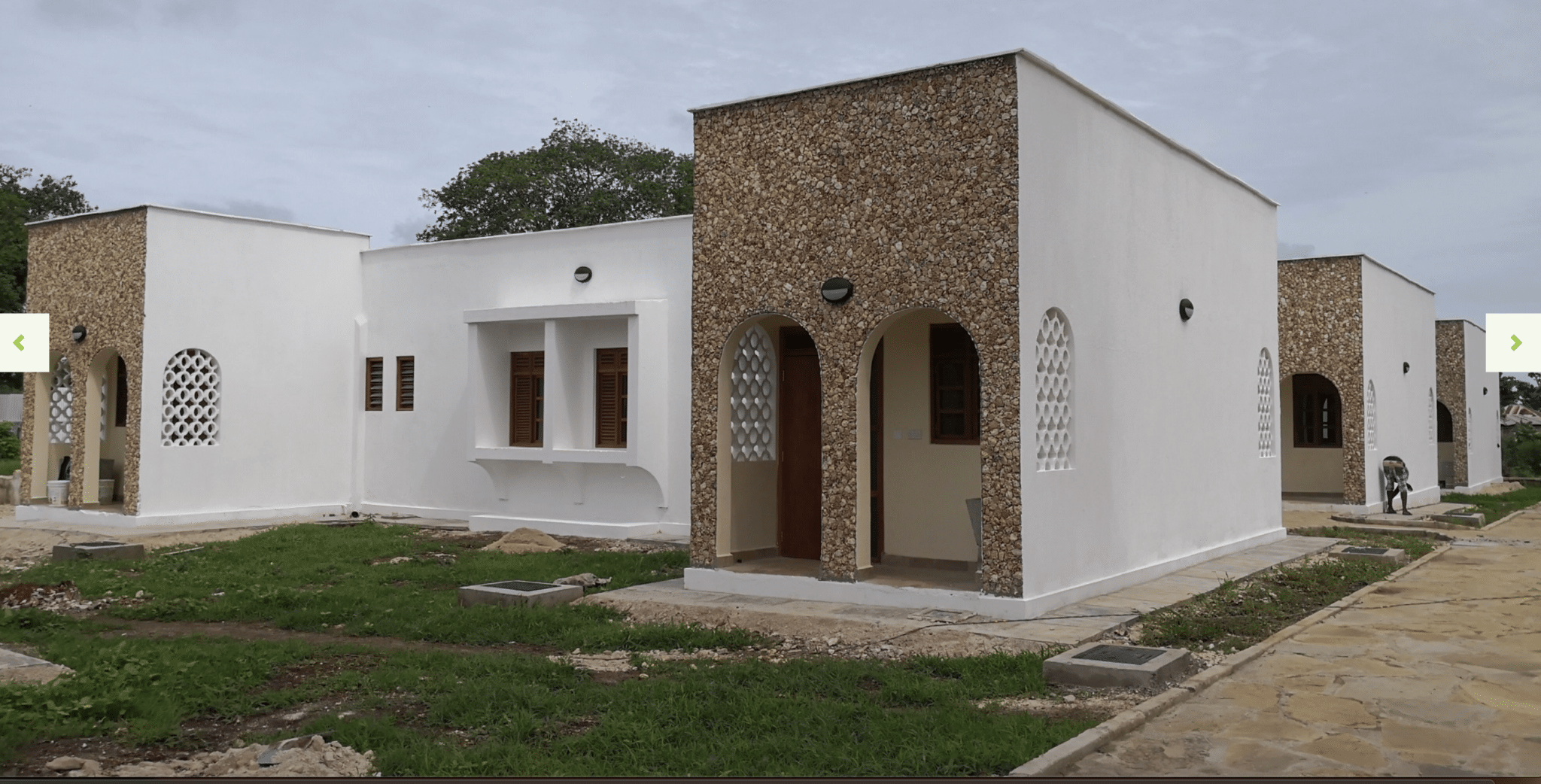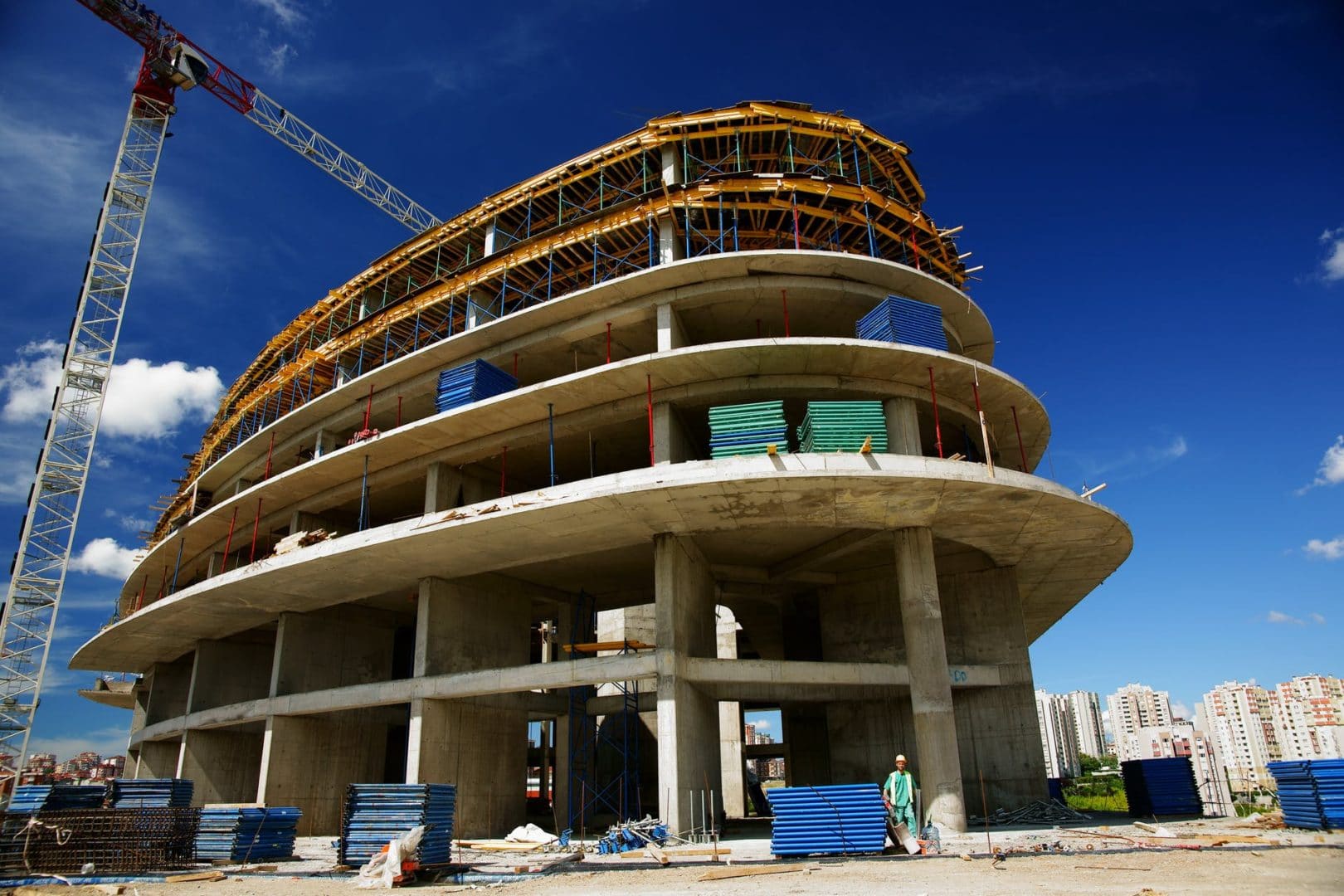Prefab houses in Kenya is a new concept of constructing homes. This new concept of home construction involves homes being build in manufacturing companies and then being transported to a client’s construction site.
It is worth noting that this new concept of constructing homes is slowly changing the Kenyan construction industry. However, it might take a while before it revolutionizes the whole industry as most people are not yet convinced about it.
In this article, therefore, we will look at how the construction of a prefab house takes place, its advantages and disadvantages as well as some of the companies selling prefabs in Kenya.
How is a prefab house constructed in Kenya?
The construction process of a prefabricated house begins when a prospective client understands the kind of home they would like to build.
After they have decided on this, he or she will research the best company that deals with selling prefab houses to engage with.
At this point, the client will visit the manufacturing company, view some of the modular designs that the manufacturer has built in the past. Moreover, the two will reach an agreement as to which design the manufacturer should go ahead and manufacture.
During this process, the homeowner may be building the foundation at the site so that once the panels are ready the technicians will just install them.
Moreover, it important to note that building a house using prefabs reduces the construction cost by 30%. In order for this new wave of the construction process to take up Kenya, there is a lot of sensitization that has to take place.
In the past, the National housing corporation has been at the forefront of encouraging contractors to begin using prefabs. However, their campaigns have not made a very huge difference yet.
Unlike Kenya, Prefab houses have gained huge popularity in other parts of the world.
Advantages of building prefab houses in Kenya
- The construction time is greatly reduced as all that has to be done on-site is to fix the panels together
- Moreover, the construction cost is greatly reduced – there are fewer workers on-site and there is no wastage of materials.
- Using prefabs to construct houses is an eco-friendly option that conserves our environment. Most of the construction materials used are manufactured in the factory and therefore causing less harm to the environment.
- There is room to expand or remodel a prefab house without having to bring down the whole house.
- Most times, the rainy season tends to affect building a traditional house. However, using Prefabs means that no changes in weather will deter its construction process.
Disadvantages of Using Prefabs
Despite prefab houses having a myriad of advantages, it also has its fair share of disadvantages.
- It will take a fair share of investment in effort and time to change people’s mindsets to choosing to build the prefab way rather than traditionally.
- Arranging for transportation to the construction site can be very strenuous.
List of companies in Kenya that deal with Prefab houses
There are very many companies in Kenya that have come up to provide prefabs for new age constructors.
These companies will manufacture the panels and then offer transportation and technical support until you have your home built in under 2 weeks.
- Boleyn Magic Wall panel
- Koto Housing
- Ankar prefab Solutions
- Eco homes Kenya
- National Housing Corporation
- Thermoteq Limited
Prefab houses in Kenya – Conclusion
Prefab houses in Kenya have not yet gained the popularity most industry players hoped it would have since its introduction. However, one thing is for certain. The future of building sustainable homes definitely lies in using prefabs to build houses in Kenya.
Read More: Popular building materials in Kenya




